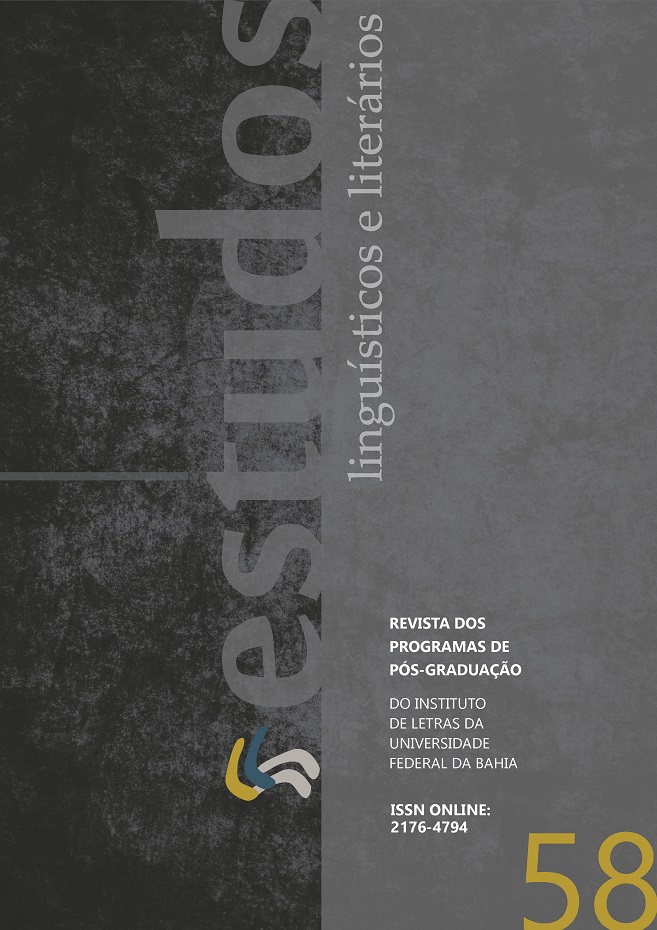REFLEXÕES SOBRE A MARCAÇÃO MORFOLÓGICA DO OBJETO DIRETO POR A EM PORTUGUÊS BRASILEIRO | OBSERVATIONS ON THE MORPHOLOGICAL A-MARKING OF DIRECT OBJECTS IN BRAZILIAN PORTUGUESE
DOI:
https://doi.org/10.9771/ell.v0i58.26807Parole chiave:
Sintaxe Gerativa, Marcação Diferencial do Objeto, Português Brasileiro | Generative Syntax, Differential Object Marking, Brazilian PortugueseAbstract
Como é sabido, o espanhol é uma língua românica que requer que certos objetos diretos (OD) sejam morfologicamente marcados por a, a chamada Marcação Diferencial do Objeto (DOM). Em outras línguas românicas, tais como o português europeu e brasileiro, por outro lado, objetos diretos animados não são geralmente marcados. Contudo, vários estudos diacrônicos mostram que a marcação morfológica por a do objeto direto era possível nos séculos XVI a XVIII em português, e houve um declínio nesse uso a partir dessa época. Interessantemente, no português brasileiro a marcação do objeto direto por a é ainda possível (ou opcional) em alguns contextos restritos. Neste trabalho, observo o espanhol e o português brasileiro para mostrar que essas línguas são diferentes com relação à marcação por a do objeto direto, mas semelhantes com relação ao fato de que objetos diretos animados são computados externamente ao vP. O trabalho pretende contribuir para a discussão dos efeitos da animacidade do objeto direto na sintaxe.
Abstract: As is well-known, Spanish is a Romance language which requires that certain direct objects (DO) be morphologically marked by the preposition “a” (to), the so-called Differential Object Marking (DOM). In other Romance languages, such as European and Brazilian Portuguese, on the other hand, animate direct objects are not generally marked. However, several diachronic studies show that the morphological a-marking of the direct object was possible from the 16th to 18th centuries in Portuguese, and there was a decline of that use from then on. Interestingly, in Brazilian Portuguese, DO a-marking is still possible (or optional) in some restricted contexts. In this paper, I look at Spanish and Brazilian Portuguese to show that these languages are different with respect to the occurrence of the a-marking of the DO, but similar in relation to the fact that animate direct objects are moved to a position above the vP. This paper aims to contribute to the discussion on the effects ofanimacy of direct objects in syntax.


